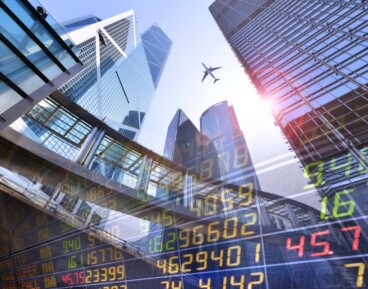German automotive industry at a crossroads
Kategoria: Business
This Great Graphic was tweeted by Emerging Market Equity. The charts come from the Institute of International Finance and also draws on data from EPFR, which tracks investment flows. What we are looking at here is retail participation in emerging markets.
The chart on the left shows that since 2009, retail investors have bought nearly three times more emerging market bond funds than equity funds. Investment in emerging market bond funds has not only been more spectacular, but also more volatile, responding dramatically to the global financial crisis and even more to the euro area crisis and again in response to anticipated and real Fed tapering.
The chart on the right shows that since the global financial crisis, the average allocation to emerging market equity funds is around 14% and they have fallen to almost 10% earlier this year. Retail investors have allocated on average almost 10% to emerging market bond funds and despite some profit-taking still appear to have a larger than average position.



